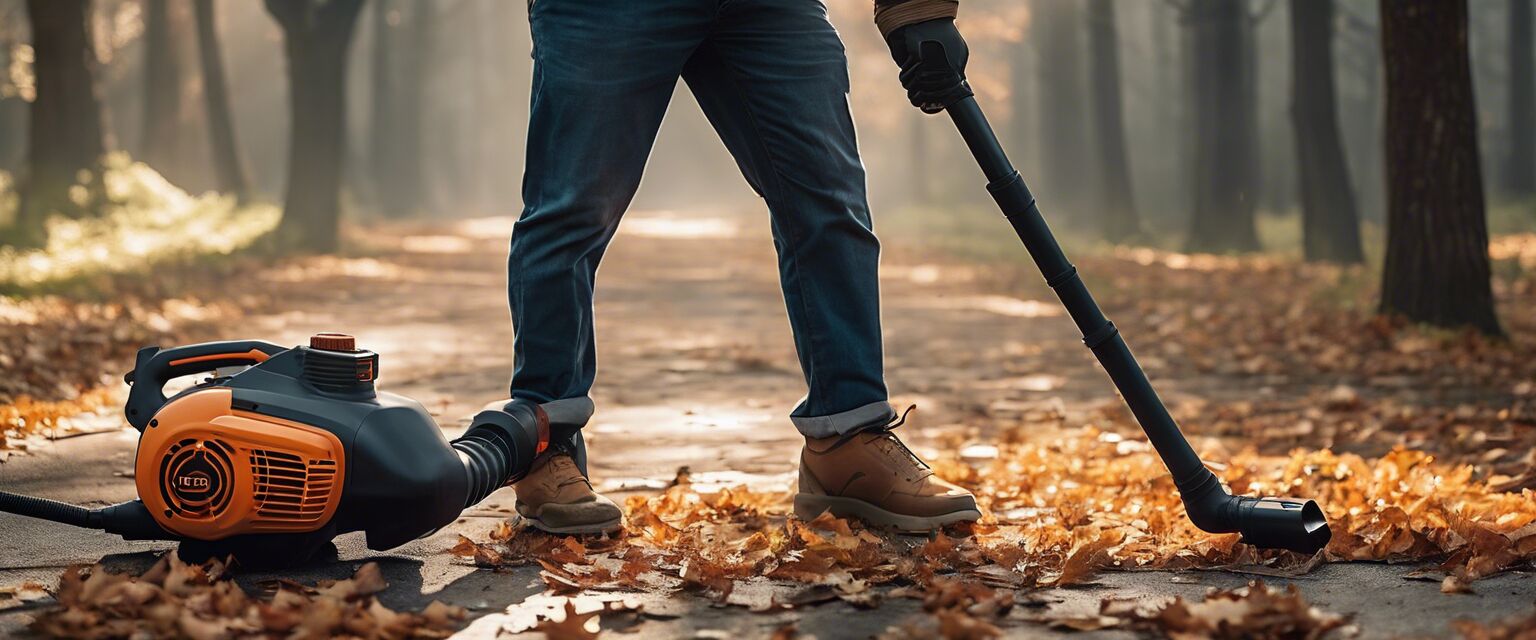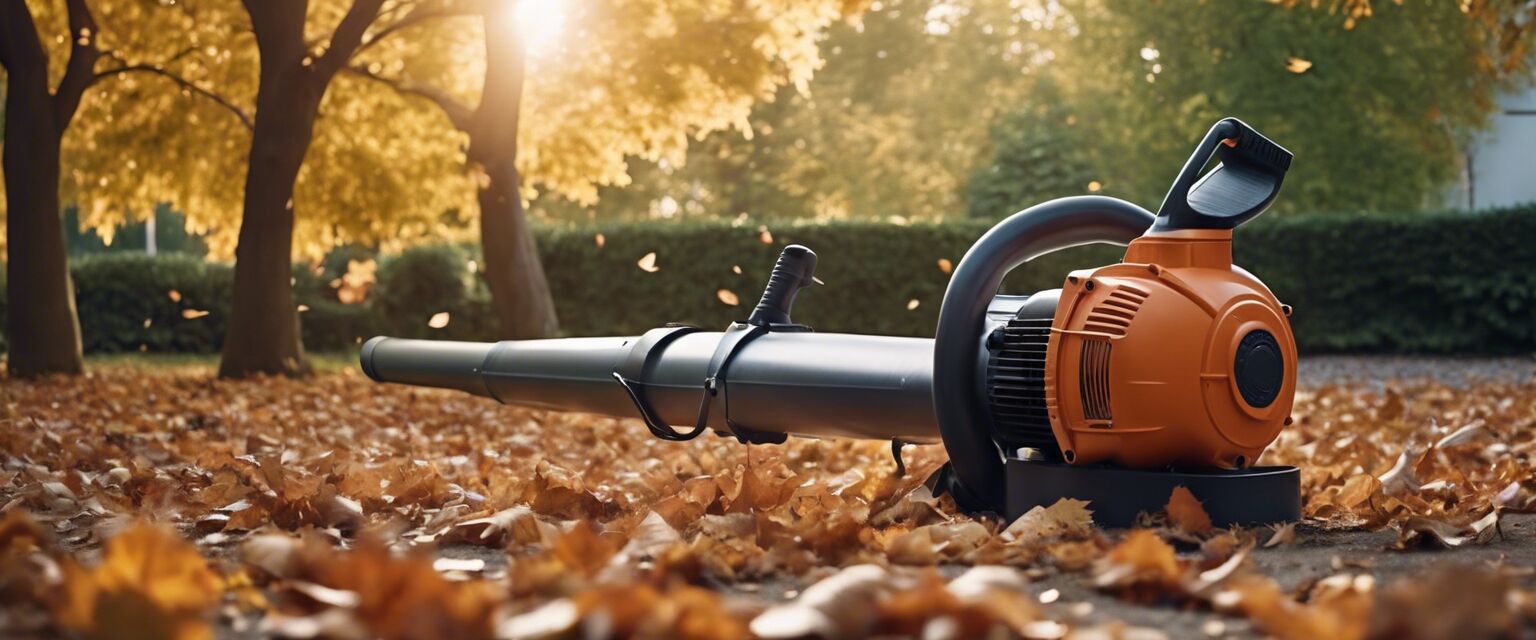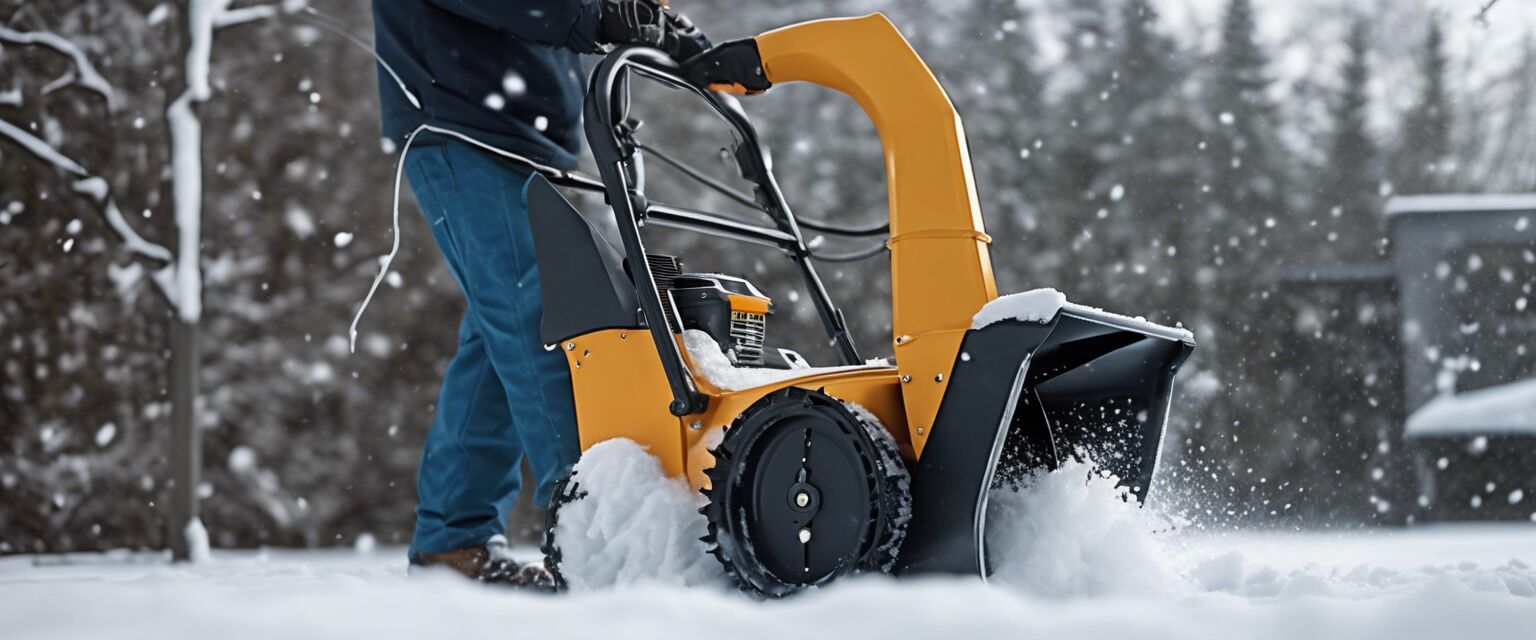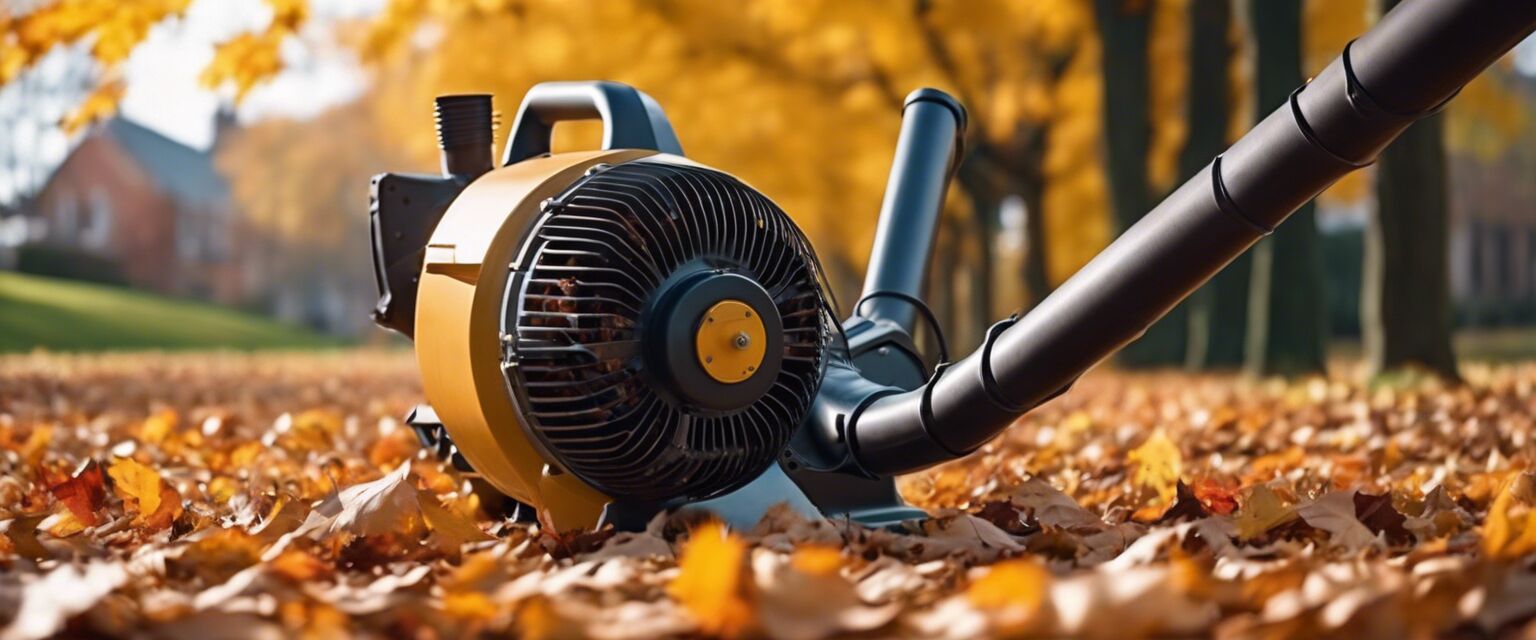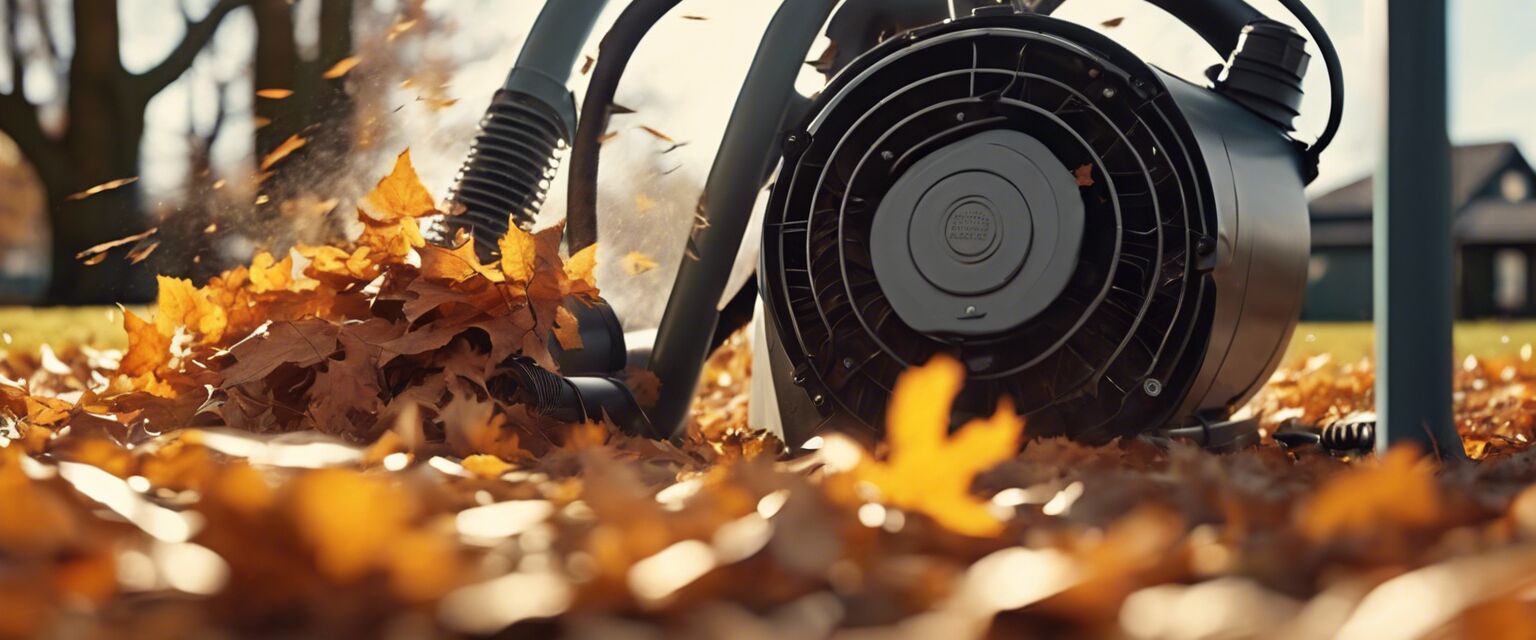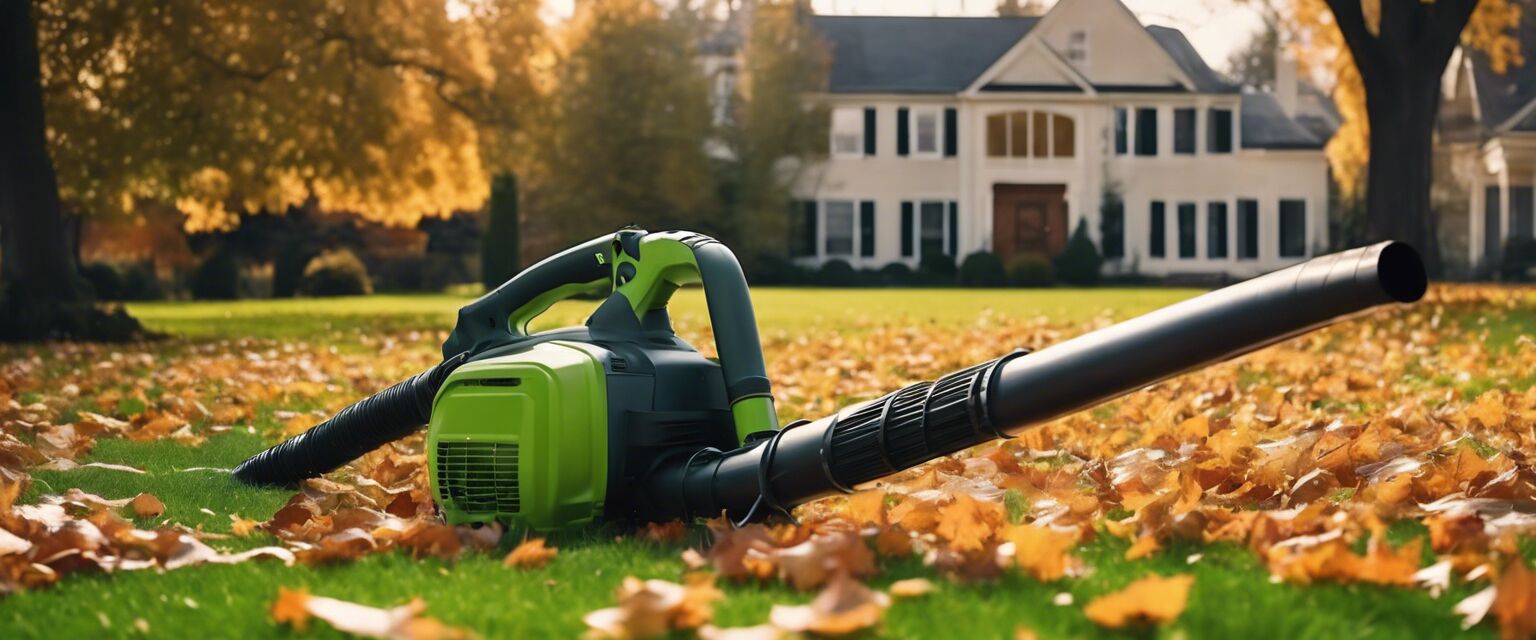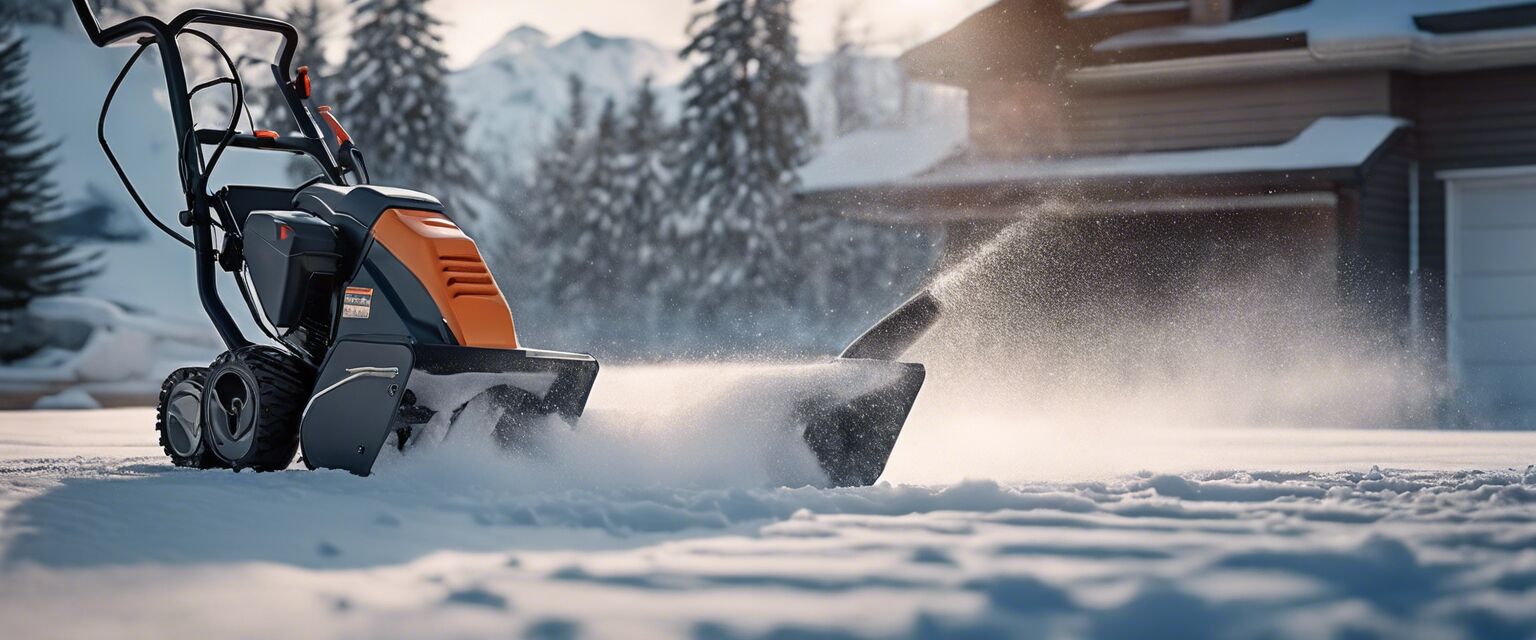
Electric vs Gas Leaf Blowers
Choosing between electric and gas leaf blowers can be tricky. Both types have their unique benefits and drawbacks, making it essential to understand their differences before making a purchase. This guide will walk you through a detailed comparison, considering factors such as performance, convenience, cost, and environmental impact.
Key Takeaways
- Electric leaf blowers are generally quieter, lighter, and easier to maintain.
- Gas leaf blowers offer more power and mobility for larger jobs.
- Consider your specific needs, such as yard size and types of leaves, before choosing.
- Electric models usually have lower operational costs, while gas models are great for heavy-duty work.
Understanding the types of leaf blowers
Leaf blowers come in various types, but the two primary categories are electric and gas powered. Here's a brief overview of what each type has to offer:
| Type | Description |
|---|---|
| Electric Leaf Blowers | These are powered by electricity and can be corded or cordless. |
| Gas Leaf Blowers | Powered by gas and usually offer more power and portability. |
Performance Comparison
Performance can be a deciding factor for many users. Letâs break down how electric and gas leaf blowers perform in various situations:
| Criteria | Electric Leaf Blowers | Gas Leaf Blowers |
|---|---|---|
| Power | Generally less power (around 150-250 CFM) | Higher power (around 400-900 CFM) |
| Weight | Lighter (3-10 lbs) | Heavier (10-25 lbs) |
| Noise Level | Quieter (60-70 dB) | Louder (75-90 dB) |
| Run Time | Unlimited (when plugged in) | Limited (depends on fuel) |
Cost Considerations
The cost of leaf blowers can vary significantly between electric and gas models. Hereâs a quick comparison:
| Type | Initial Cost | Maintenance Cost |
|---|---|---|
| Electric | Usually lower ($50-$300) | Minimal (bulb replacement, cord wear) |
| Gas | Generally higher ($200-$600) | Higher (oil changes, fuel costs, spark plug replacement) |
Environmental Impact
Another critical aspect to consider is the environmental impact:
- Electric leaf blowers produce zero emissions while in use.
- Gas leaf blowers emit pollutants and consume fossil fuels.
- Choosing electric can contribute to a more sustainable environment.
Consider Your Needs
Before making a purchase, assess your specific needs:
- Yard Size: Larger yards may benefit from gas blowers.
- Type of Debris: Heavy leaves may require a more powerful gas blower.
- Noise Concerns: If noise is an issue, an electric model would be quieter.
Maintenance Tips
Maintenance Tips for Leaf Blowers
- For electric models:
- Regularly check the power cord.
- Keep the air intake clean.
- For gas models:
- Change the oil routinely.
- Clean or replace the air filter regularly.
Which one should you choose?
Your choice between an electric and gas leaf blower will depend on your specific requirements. Evaluate the information above and consider the type of work you'll be performing. If you're still unclear, consult resources on leaf blower care or visit the corded leaf blower section for more options.
Pros
- Electric models are quieter and easier to maintain.
- Gas models provide more power and are ideal for large areas.
- Electric models are more environmentally friendly.
Cons
- Electric models may lack power for heavy-duty jobs.
- Gas models require more maintenance and fuel costs.
- Electric models can be limited by cord length or battery life.
Conclusion
Choosing between electric and gas leaf blowers depends on your unique needs and preferences. By understanding the differences between the two types, you can make a more informed decision that best suits your yard care requirements. Don't hesitate to look into our other guides about electric snow blowers and snow blower maintenance for more lawn care tips.
